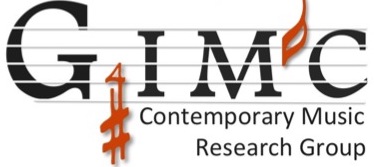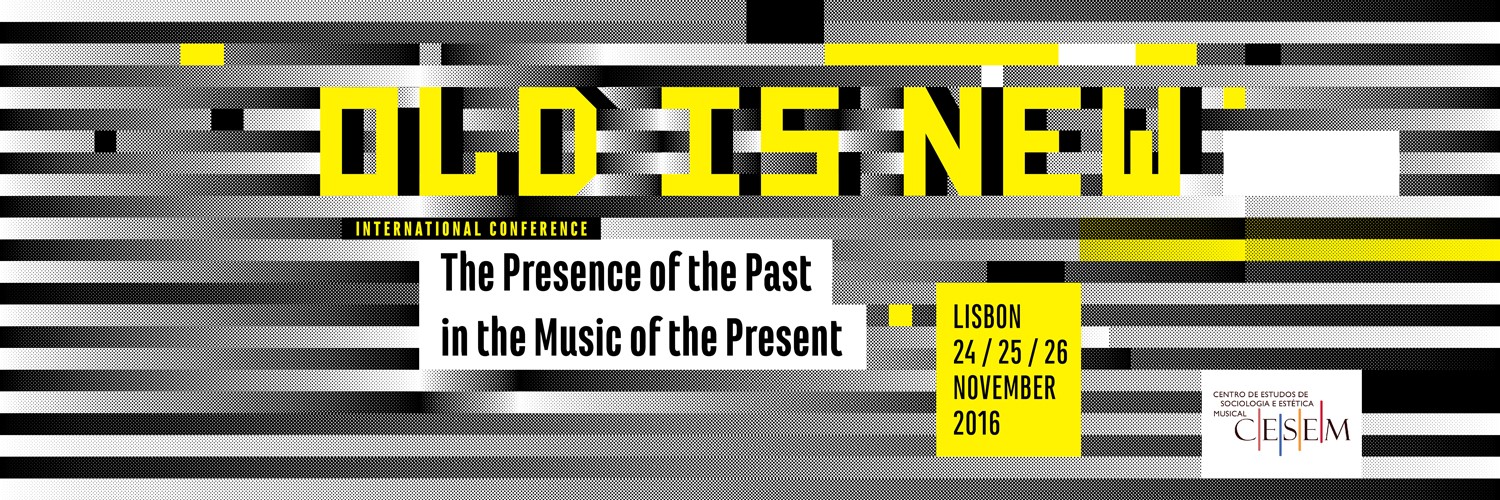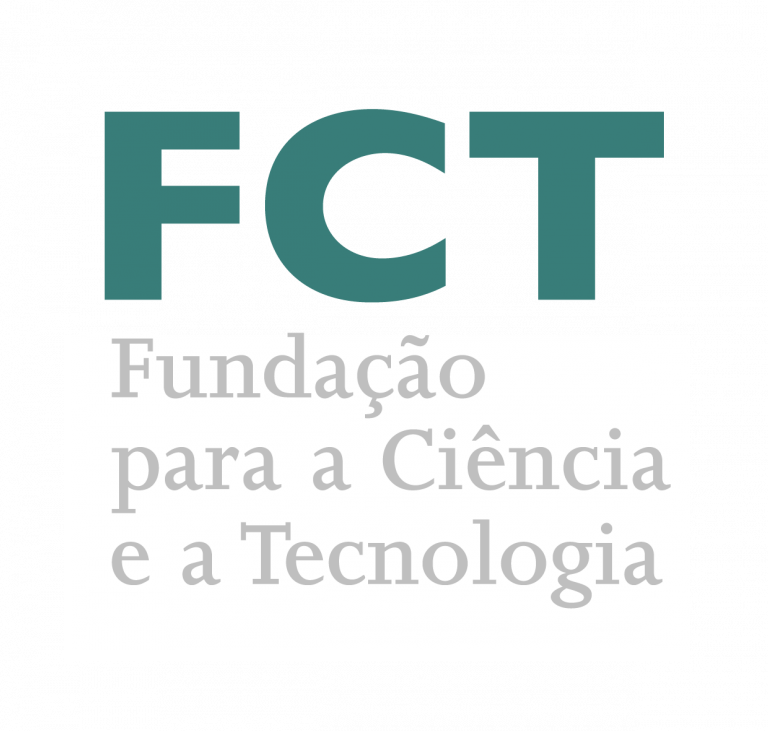(Contribution to Round Table at the conference “Old is New: The Presence of the Past in the Music of the Present”, CESEM, Universidade Nova, Lisbon, 24-26 November 2016)
I have been following the debate on this subject since it first emerged, and have changed positions several times in relation to it. My initial reaction was very strongly that, “no, composition is not research, it's composition.” I see that kind of reaction too in Piers Hellawell's video on Youtube (see links below), which some of you may have seen, and his article, entitled “Treating Composers as Researchers is Bonkers”. My second reaction was, “well, it's research in a way, insofar as I discover things while writing a piece, or experiment with a particular combination of timbres, or make a huge advance in electroacoustics, etc.”. My third reaction was, “Should I care? If somebody thinks it's research, then who am I to argue?”. My fourth was a mixture of all these things complicated by the fact that composition as research has become, in the interim, an established fact in the Academy.
An established fact, but not something that has been well defined, as the need for this symposium shows. Does composition actually need to be research, or is this merely a requirement of the way University research is structured and evaluated? This is a fundamental aspect of the problem, since, where in the past composition was taught, unquestioned, as an academic subject equivalent to research, in recent years it has been pressured into explaining itself in the terms established by that research. As Hellawell asked, “If composition can flourish without research, what then is the latter’s relation to the artistic whole?”
It seems to me obvious that the composer may provide insights into his or her artistic practice that will benefit researchers in general – though taking a composers' ability to speak or write about his or her own music for granted is a dangerous path – but there is also the problem of setting out upon research in terms of history, or theory, say, into which is thrown a compositional element that is really an afterthought, or that is at least so distanced from the “genuine” research that it ultimately adds nothing to it. I have wondered in the past whether this is simply a problem of subjectivity versus objectivity, whether a composer is far more able to make sensible comment on a work written by somebody else, and I wonder whether composers who seem able to discus their works as though they were analysing pieces written by another are in fact as objective as they might appear, or engaged on some clever publicity stunt. But that dichotomy too is false, since no analysis of anything is ever completely objective.
If “creative work” is to be evaluated differently from “analytical work” (or “research”) in the Academy, this needs to be clearly stated; otherwise, the dissolution of barriers between academic training and the more vocation-oriented kinds (those to be obtained in a conservatoire, for example) simply means that everything is treated in the same way irrespective of what kind of work has gone into which kind of training – we do not presume that musicologists all know how to compose, just as we do not presume that all composers are also musicologists, though there are certainly people who fit into both categories. This is something that needs careful consideration, and must not be rushed through simply because composition has in certain places become a subject in which one can earn a Ph.D or because in certain musicology courses composition has become a trendy addendum to the curriculum.
To return once more to Piers Hellawell, he says of the insertion of composition into the research system since the 1980s in the UK, “many applications from reputable and serious composers in UK academe have fallen by the way-side because their proponents did not think in research terms but compositional ones, merely applying to 'write an orchestral piece' and assuming that the interest on the part of a leading ensemble in performing it was itself recommendation enough. It no longer is, if once it was.” And this seems to me to be of great importance: certainly, composition may be research, in the sense that the composer discovers something new while composing, and this discovery may trigger all sorts of things that take the work in a new direction, that constitute innovation and discovery. But the composer cannot necessarily know this beforehand: that is part of composition, being in dialogue with the material on which or with which you are working, a dialogue that throws up unexpected ways forward. But to predict those things would argue either complacency or cynicism: the composer needs to have the freedom to 'write an orchestral piece' and see where it goes.
On the other hand, to reject the idea that composition can ever be research is also simplistic. In fact, one could argue that in one way it is always research, as I think I would. But how is that research quantifiable in the ways that traditional descriptions of research would have us believe it is? I know as a musicologist exactly how my work is research; as a composer, I am much less certain about discussing this because it is so personal, subject to all kinds of inner uncertainties and sudden illuminations, and thus not readily explicable on a piece of paper or in a powerpoint presentation. Somebody else can surely do this better than I, is my instinctive reaction. But then again, not all composers are the same, and there are those who plan composition beforehand – and here the list extends from Beethoven to Xenakis – in such a way as to leave ample material not only for the curious researcher to find material for a book or thesis, but for the composer himself to return to his work and discuss or analyse it with the benefit of hindsight.
In the end, for any composer, I believe that it would be a problem if art were to be valued for or as research output rather than an artistic product, always accepting that research is part of composition. The challenge for us is to decide where this fits into the curriculum of the university and to decide (a) whether it needs to be defended as a subject of study in the Academy and (b) if it does, precisely why.
Links:
Piers Hellawell: http://standpointmag.co.uk/node/5539/full
https://www.youtube.com/watch?v=YiA1ahHw3HA
© Ivan Moody 2016, 2022



